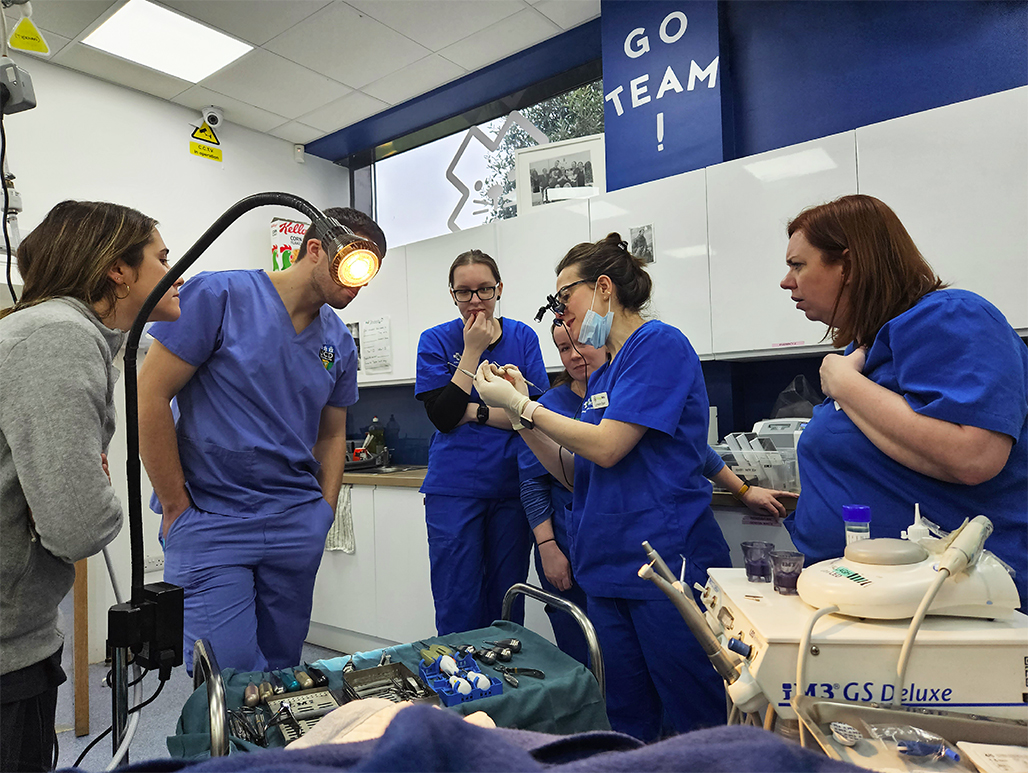
At Village Vets, we prioritise the well-being and safety of your beloved pets. In a recent interview with Dublin City FM, our resident pet expert and veterinarian, Aislinn Cullen, sheds light on the importance of dog microchipping. With 18 convenient locations across Dublin, Meath, and Wicklow, here at Village Vets, we are here to provide you with the necessary information and services to keep your furry friends protected.
What is Dog Microchipping?
Microchipping involves the implantation of a small device, about the size of a grain of rice, under your dog’s skin. This device contains a unique number that can be scanned to retrieve important information about your pet. Since April 1st 2016, it is a legal requirement for all dogs in Ireland, as stated in the Microchipping of Dogs Regulations. By the time they reach 12 weeks of age, dogs must be microchipped by a veterinarian and registered on an authorised database, including details of the owner.
Enforcement and Benefits:
Enforcement of microchipping regulations varies depending on the situation. For example, if your dog ends up in a dog pound and is found without a microchip, you may not be able to retrieve them until the microchipping is done. However, visiting a vet for the procedure is a straightforward solution. In the event that your pet goes missing and is found, the microchip can be scanned to obtain the unique number, which can then be matched with your contact details on the database. It greatly increases the chances of reuniting with your furry companion.
Microchipping Other Pets:
While microchipping is not a legal requirement for other domestic pets, Aislinn recommends microchipping all cats. Cats are known to wander and can easily go missing. Microchipping aids in their safe return home. As for rabbits, ferrets, tortoises, birds, and other pets, the decision to microchip depends on individual circumstances and preferences.
Updating Microchip Details:
It is crucial to keep your pet’s microchip details up to date. The microchip itself only corresponds to a number, and it is your responsibility to update your contact information on the authorised database. When acquiring a new dog, ensure that the microchip is registered with the breeder, and obtain the necessary form to update the details with your own information.
Tips and Strategies for Pet Safety:
While microchipping is an effective safety measure, it’s essential to take additional precautions to limit your pet’s straying tendencies. Aislinn suggests keeping a new pet at home for 6-8 weeks to help them become familiar with their surroundings. Simulating the home environment with high fences and secure boundaries can also help prevent straying. In the unfortunate event that your pet does go missing, be sure to check the microchip number and the authorised database to ensure your details are correct. Notify local vet, authorities, and pounds, and leverage social media groups, flyers, and the help of your neighbours to spread the word.
Visit our website at www.villagevets.ie to find the nearest Village Vets practice and make an appointment. Remember to bring proof of your identification and address to the appointment. You can contact us here: www.villagevets.ie/contact-us and listen to the full interview with Aislinn here: http://bit.ly/3lGznDD.




